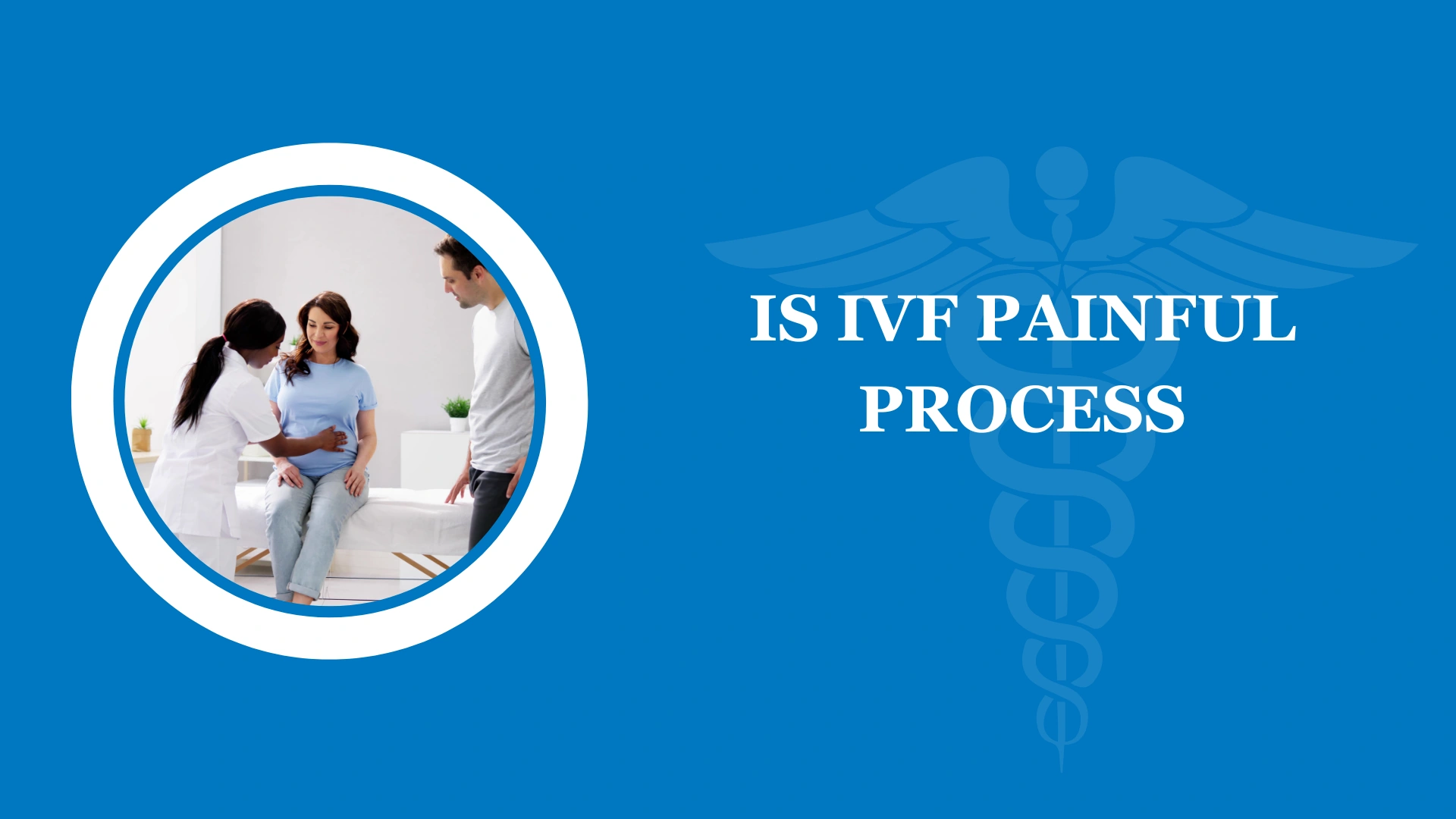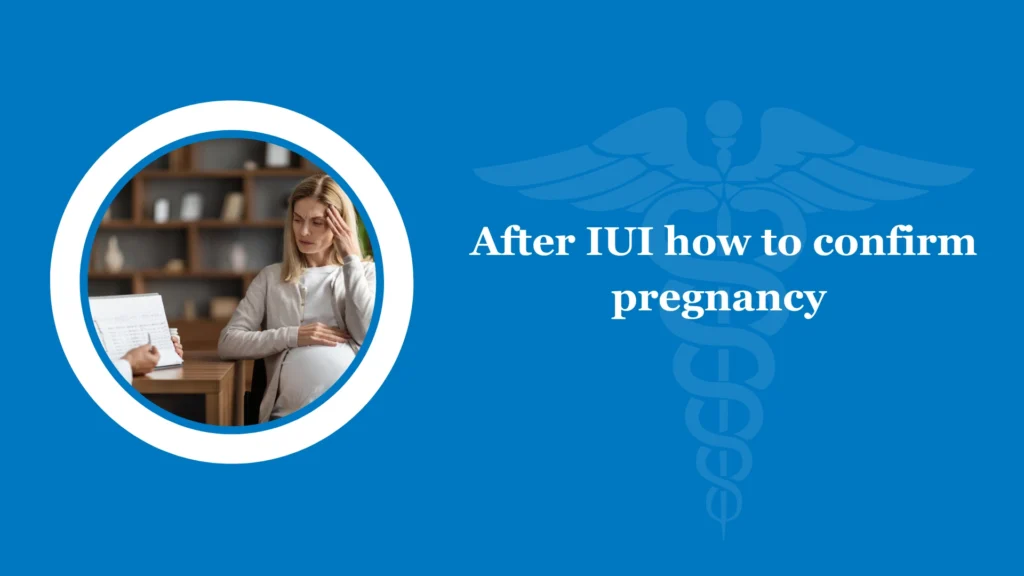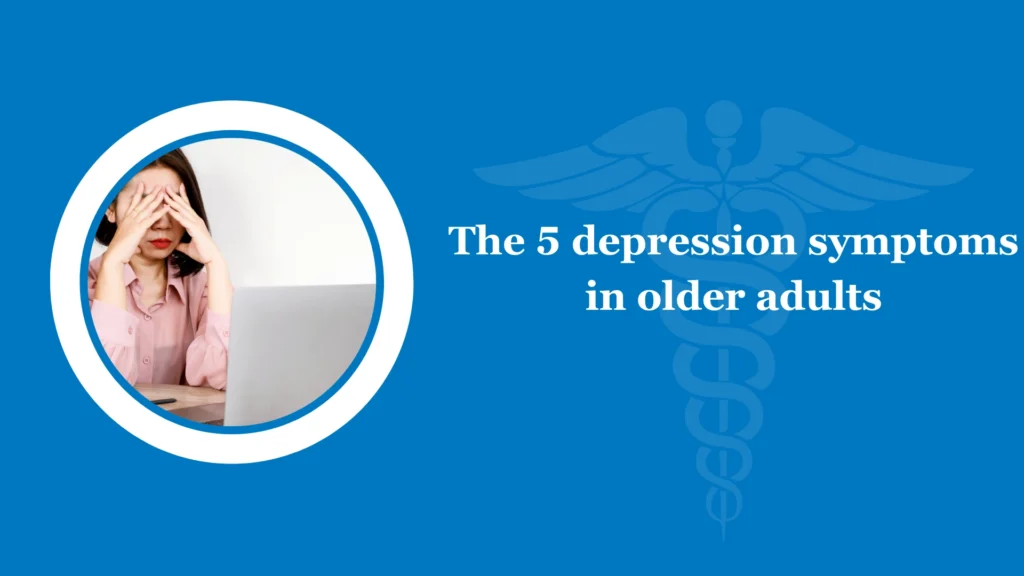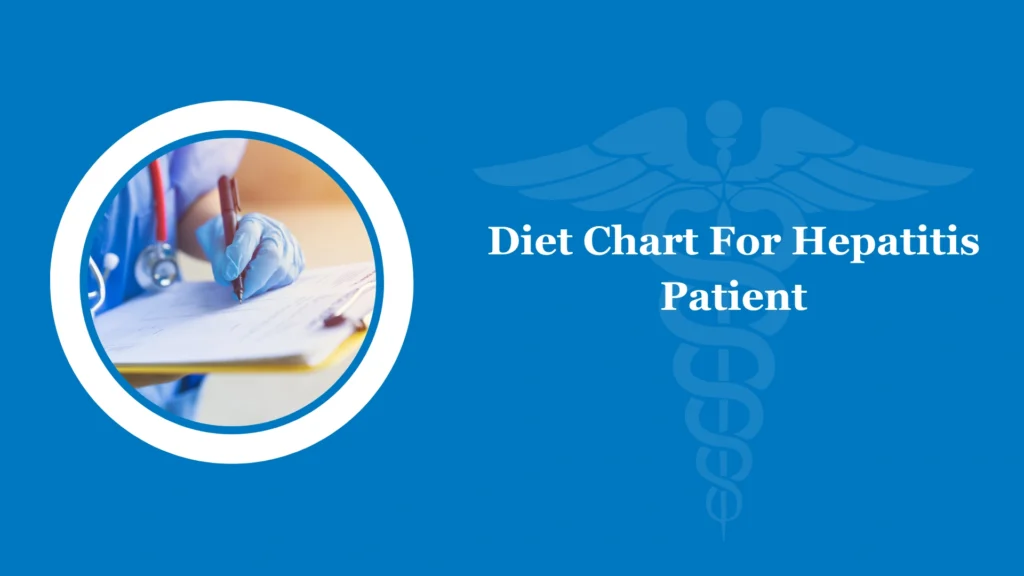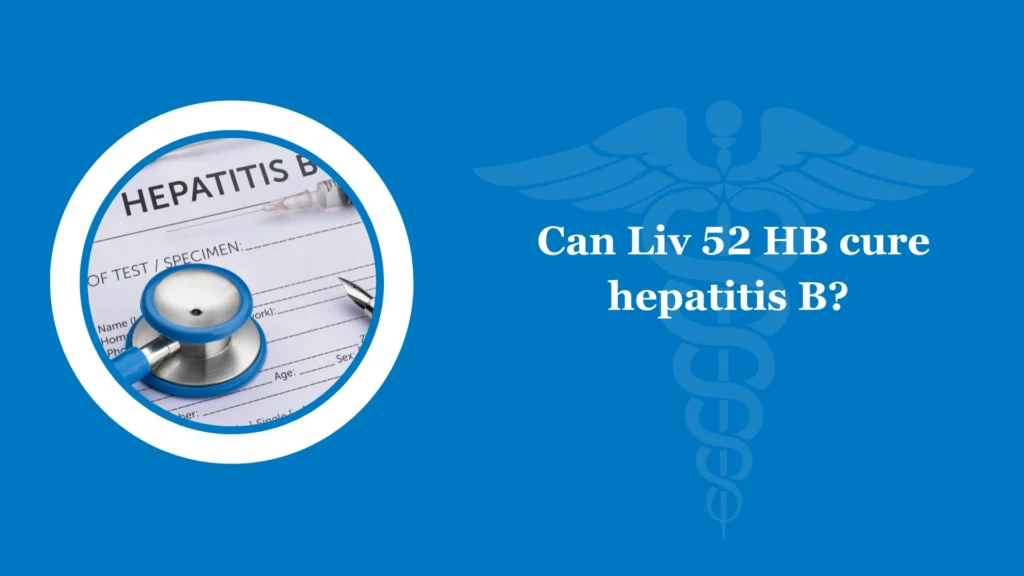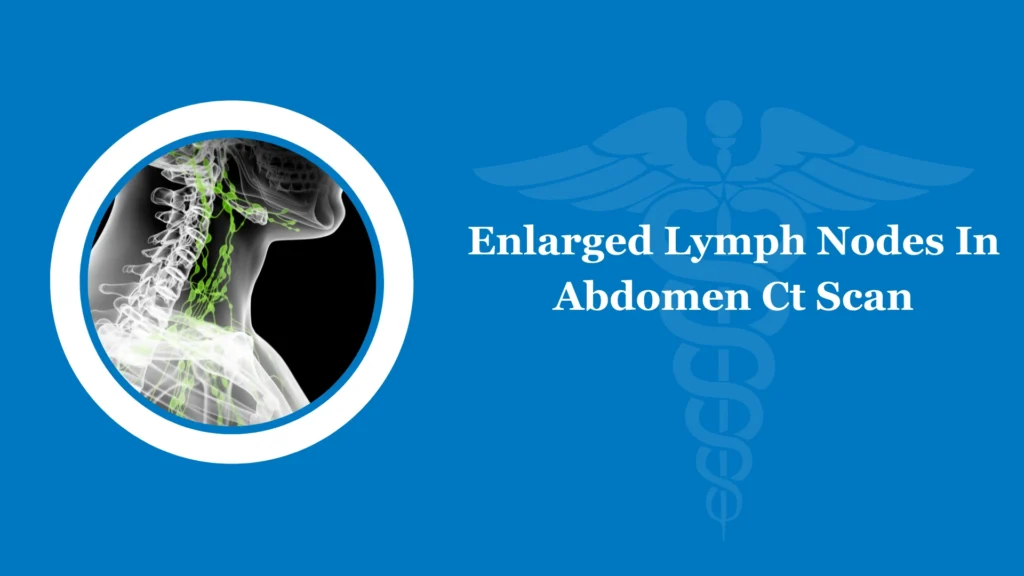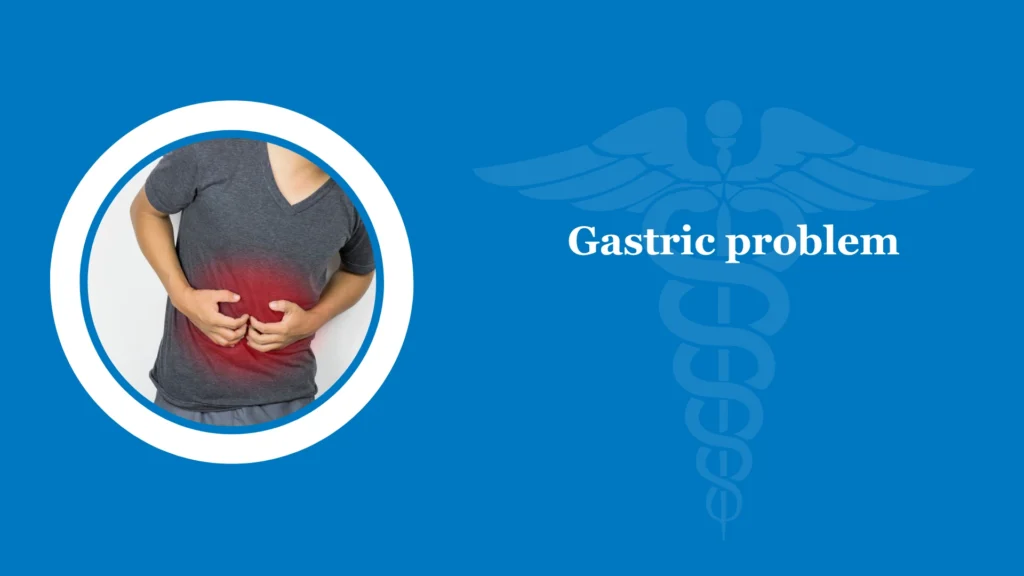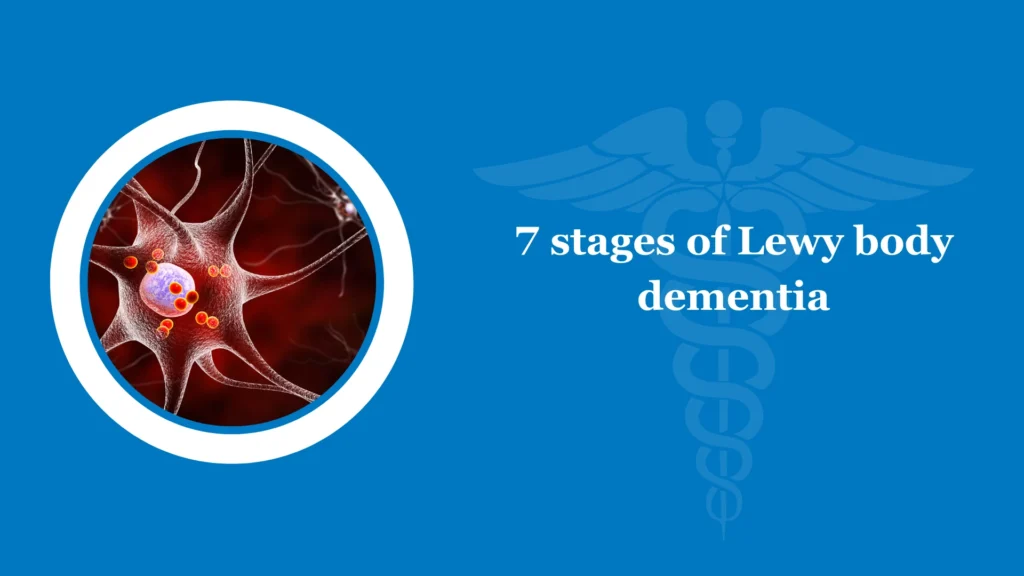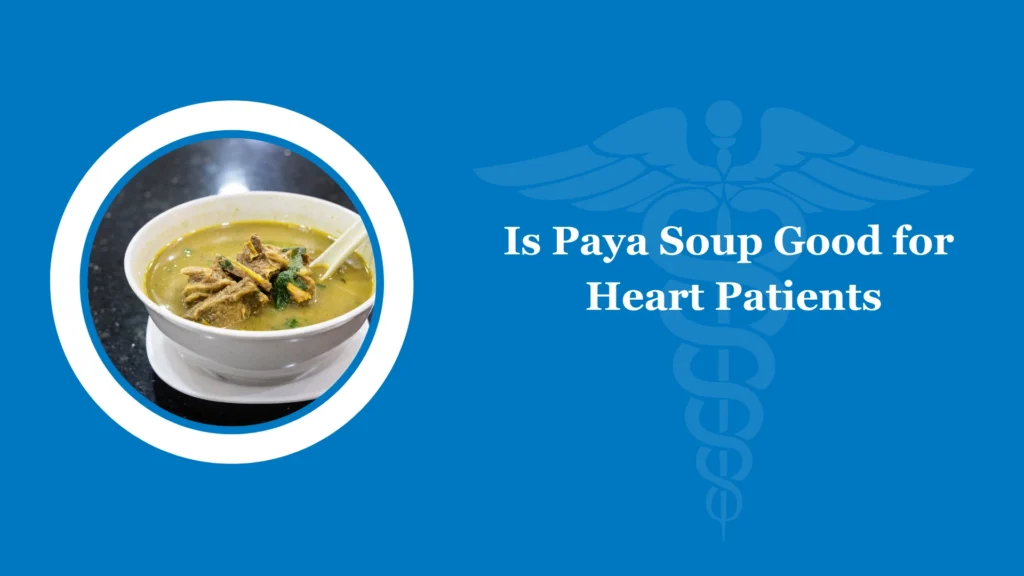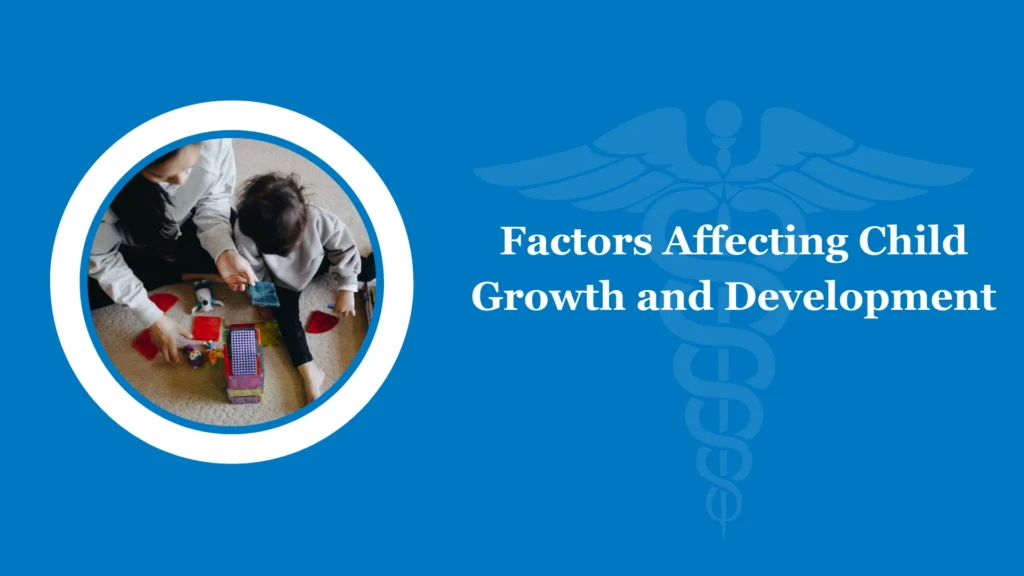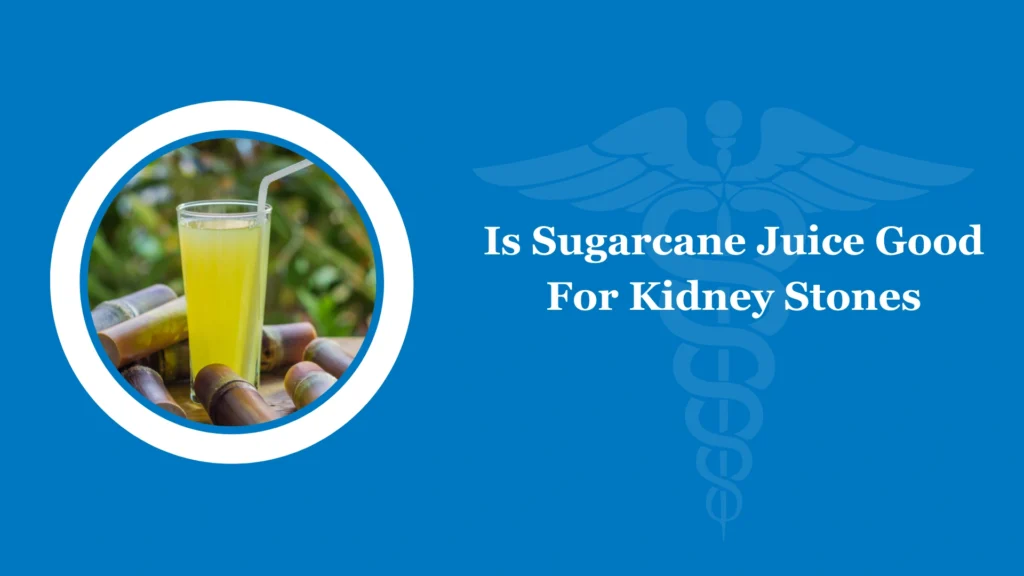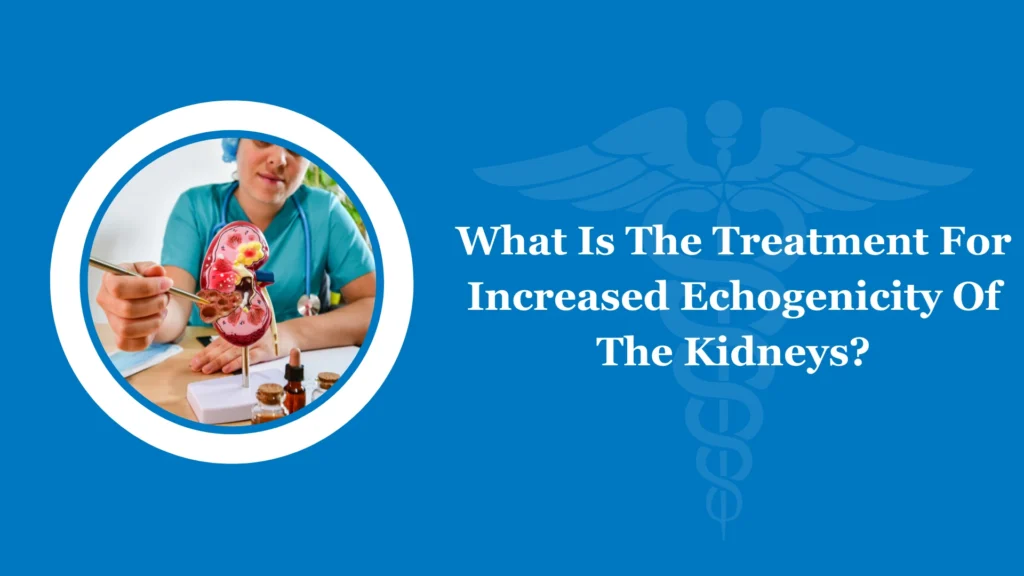Parenting journey is one of the most important, challenging, and inspiring experiences of your lives that you can ever have. Yet, the road may turn into a destructive path with the biggest risk being ectopic pregnancy. In the found case, a pregnancy out of the uterus is known as ectopic pregnancy as a fertilised egg implants and grows outside its uterus, mostly in the fallopian tubes. It creates hazards given one’s health is in jeopardy.
Empathising with reasons, indications, and preventions of ectopic pregnancy, mainly during the process of assisted reproductive techniques like in vitro fertilisation (IVF), is crucial for those who seek to become parents to gain complete understanding.
Is IVF a Painful Process?
IVF( In Vitro Fertilisation ) can be mildly uncomfortable but it is usually not classified as too painful. The several stages of the IVF process, which include ovarian stimulation, collection of eggs, and embryo transfer, may have many non-significant and limited discomfort and pain like cramps, bloating, and pressure, and in most cases these feelings are low-grade and temporary.
The anaesthesia given during egg pickup helps avoid patients feeling tougher during the process. The last stage of an IVF is a transfer of an embryo which is often reported to feel like taking a routine Pap smear or an examination by a gynaecologist.
Are IVF Injections Painful?
- Almost everyone can experience mild discomfort while injections are being administered, and for some the pain may be more acute. However, it is a procedure that most people find bearable.
- However, they may evoke short-term pain, like a slight stinging sensation. Mood changes, either extreme of irritability or apathy, might be experienced along with these symptoms.
- Others further include nausea, bloating, breast tenderness, low libido, menstrual irregularities, fatigue, headaches, and hot flashes.
- However, OHSS, in a very rare case, might be visible as the following symptoms: abdominal bloating, nausea, and weight gain. In such cases, women are recommended enough rest and drinking enough liquids.
Is Embryo Transfer Painful?
- More often than not, it is not particularly painful for embryo transfer, meaning that most people experience milder discomfort such as, just slight cramping.
- The intravenous process is usually suggested as being painless with any stage of discomfort being fleeting and with manageable intensity.
- At this stage of the procedure, embryos are skillfully loaded into a straw-like catheter and moved to a designated spot in the uterus using ultrasound as a guide.
- Patients may feel minor cramps or stinginess from the bladder, but the procedure itself is not typically painful.
- Then, patients are given recommendations that it is better to have a rest for some minutes than going home straightaway but there are some limitations to consider such as not taking hot baths, douche, heating pads and sex until pregnancy test is carried out.
After Embryo Transfer Pain Like Period
- Post pregnancy, as the embryo transfers, pelvic discomfort similar to menstrual cramps becomes prevalent.
- This discomfort is, most times, believed to be normal even though this is a way for your uterus to accustom itself to the presence of the embryos and to prepare itself for implantation.
- Subsequent symptoms related to the procedure and general pregnancy like mild to moderate abdominal cramping, pressure or heaviness, spotting or light bleeding, and increased vaginal discharge can be expected.
- While these symptoms may resemble those experienced during a menstrual period, they are typically part of the normal process as the body adapts to the embryo transfer.
What Is the IVF Treatment Success Rate and How Can You Improve Yours?
IVF Treatment Success Rate
Both the birth rate and the rate of success in In Vitro Fertilisation (IVF) depends on multiple factors, and cases differ from each other due to particular conditions that are described in each case. Generally, the chance of success in IVF varies significantly with age, going from roughly 40% in younger patients to less than 5% in the elderly.
Improving IVF Success
The IVF chances of success can be even enhanced by taking the preventive measures for better general health and life quality of couples. Lifestyle alterations are what works most in increasing the IVF outcomes. Key strategies to consider include:
– Avoiding Smoking: Smoking can be a main source of several reproductive health issues like infertility and can reduce IVF outcomes.
– Limiting Alcohol Intake: Too many men or women drinking together with high amounts of alcohol in their system can affect conception ability and may decrease the success rate of IVF treatments.
– Healthy Diet: Finding foods like fruits, vegetables, whole grains, and lean proteins in your diet in moderate amounts can lead to the improvement of your reproductive health.
– Stress Management: Doing both awareness training, quieting techniques and term-focused tools like meditation, yoga and counselling can be used to control stress levels during the IVF process.
– Adequate Sleep: Adequate sleep is the top-priority segment for general health and hence it can actually contribute towards improved fertility.
– Open Communication: To track the desired vision, conversation among the family and healthcare providers can be initiated, disclosing the expectations, goals and concerns which will undoubtedly result in customised therapy and better outcomes.
By integrating the identified lifestyle changes, working with their healthcare providers closely, people who undergo IVF to get what they want will have a higher success rate of being done with the treatment and their wished goals as a family.
Conclusion:
The journey to realise and fulfil the dream of becoming a parent through the use of assisted reproduction technologies, such as IVF, is a path with hope and expectation at its core. Though being more cautious, traits can be found by the persons through recognition of the symptoms and understanding the risk factors and implementing the preventive measures individuals can increase their chances of successful pregnancies and having a good healthy life.
Frequently Asked Questions:
How painful are IVF injections?
IVF injections usually induce discomfort rather than pain. During the process of self-injection of fertility medications, a person may face a certain amount of discomfort. Though, an overwhelming majority of female patients claimed this process to be tolerable.
Having self-injection thin needles makes it easy and while they could also cause some kind of pain individuals find them to be bearable.
What’s the most painful part of IVF?
One of the most unpleasant aspects of the IVF process for no matter how many people will be the ovarian stimulation injections ones. While these injections are subcutaneous, using them to stimulate the ovaries to release many mature eggs is the b side of the process.
Needles, being the most little and thin, are used for the injections, which though, might be one of the more difficult parts of the process for some patients who may be scared of needles.
On top of that, some individuals may develop minor stomach aches during ovarian stimulation and this pain may go on for a while after the function of the ovaries return to the normal state.
How many injections are given in IVF?
Often the IVF process involves taking injections, more so during the egg stimulation phase that requires a longer period. Patient’s Stimulation shots are usually administered for 8-12 days in order to prepare egg follicles for egg retrieval.
Besides them being prescribed Progesterone in oil injections that are being administered intramuscularly in the buttocks are also added here.
The frequency and duration of injections are determined right as the treatments are prescribed and are considered if anything else comes up.
